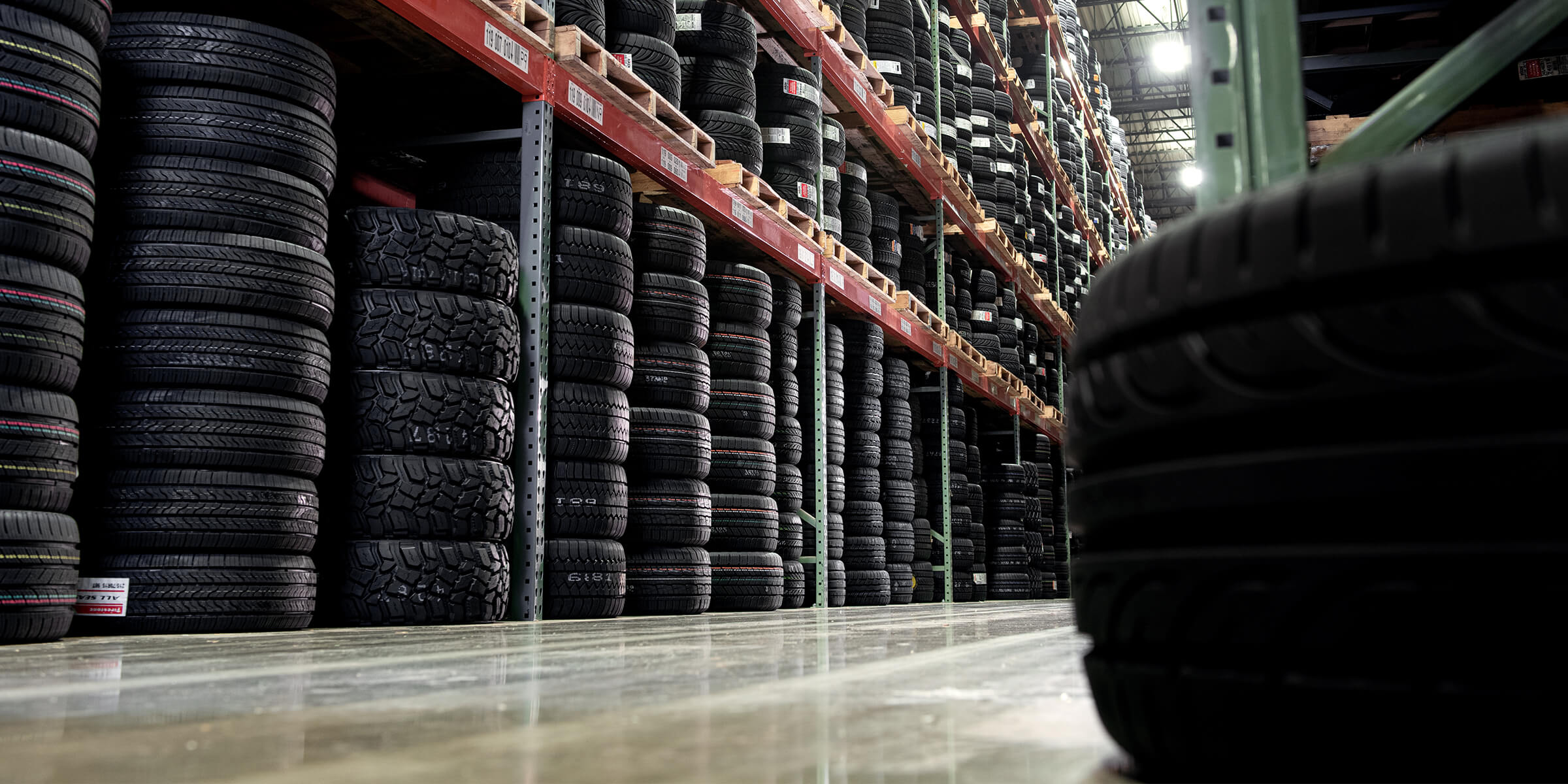High Quality Tire Shop Morris: Your Best Destination for Tire Needs
High Quality Tire Shop Morris: Your Best Destination for Tire Needs
Blog Article
Tire Service: Recognizing Tire Pressure Monitoring Systems
Recognizing Tire Pressure Surveillance Equipments (TPMS) is an important aspect of preserving optimum car efficiency and safety on the road. With improvements in automotive innovation, TPMS has actually become a common feature in contemporary vehicles, supplying real-time details on tire pressure degrees.

Relevance of TPMS
The importance of Tire Stress Surveillance Systems (TPMS) lies in their capability to boost vehicle security and efficiency through real-time tracking of tire stress degrees. Maintaining the appropriate tire stress is crucial for making sure optimum handling, stopping, and total safety of a car. TPMS supplies vehicle drivers with immediate comments on any type of underinflated or overinflated tires, permitting for timely adjustments to be made.
Parts of TPMS
Sensing units are typically located in the tire valve stem or connected to the wheel assembly, where they determine tire pressure and transmit data to the control module. Some advanced TPMS models also display the actual tire pressure readings for each tire, offering chauffeurs with real-time info to guarantee ideal tire efficiency and security. By checking tire stress continually, TPMS aids protect against accidents, lowers tire wear, and boosts gas performance, making it a critical part for lorry security and efficiency. discount tires morris il.
Types of TPMS

On the other hand, indirect TPMS counts on the car's wheel speed sensing units to keep an eye on tire pressure. This system detects underinflation by contrasting the rotational speeds of the wheels. Indirect TPMS is much less expensive than straight TPMS, as it uses existing sensors within the lorry.
While direct TPMS supplies much more exact analyses, indirect TPMS is simpler in layout and generally calls for less maintenance. Both systems have their benefits and restrictions, and the option in between them frequently relies on factors such as expense, lorry make, and personal choice. Understanding the differences in between these two kinds of TPMS can help automobile owners make notified choices regarding tire maintenance and security.
TPMS Upkeep Tips
Reliable maintenance of TPMS is vital for making certain optimal performance and safety of your car. Regularly examining the TPMS sensors for any type of damages or rust is critical. Ensure that the sensors are cost-free and tidy from particles that can conflict with their performance. In addition, it is advisable to examine the sensing unit batteries occasionally and change them as required to assure accurate analyses. Conduct routine published here examine the tire stress levels and contrast them with the TPMS analyses to ensure they are constant. If there are any kind of disparities, rectify the system adhering to the maker's standards. Throughout tire turning or replacement, make sure that the TPMS parts are managed very carefully to avoid any possible damages. Finally, if the TPMS alerting light illuminates on the control panel, resolve the concern immediately by inspecting the tire pressures and the overall system for any mistakes. By adhering to these upkeep ideas, you can prolong the life expectancy of your TPMS and enhance the safety and security of your driving experience.
Advantages of Proper Tire Pressure
Keeping proper tire pressure, as emphasized in TPMS Maintenance Tips, is critical for reaping the numerous advantages connected with optimal tire stress levels. Additionally, correct tire stress guarantees also tire wear, prolonging the lifespan of the tires and advertising much safer driving conditions. In verdict, the benefits of correct tire pressure right here go past just tire longevity; they include improved gas efficiency, boosted security, far better automobile performance, and total driving comfort.
Verdict
In final thought, understanding tire stress surveillance systems (TPMS) is vital for preserving optimum tire pressure and making certain car safety and security. By recognizing the value of TPMS, being familiar with its elements, recognizing the different kinds available, sticking to proper upkeep tips, and understanding the benefits of preserving correct tire pressure, motorists can boost their driving experience and prolong the life expectancy of their tires. Proper tire pressure is essential to safe and effective car operation.

Report this page